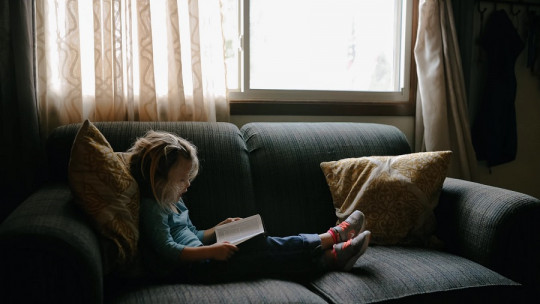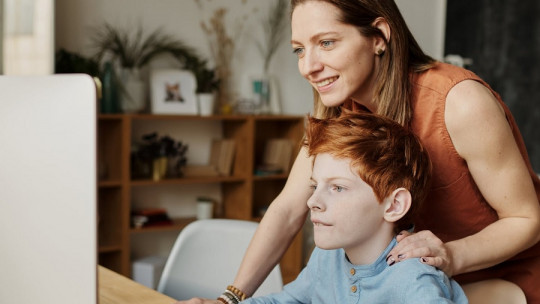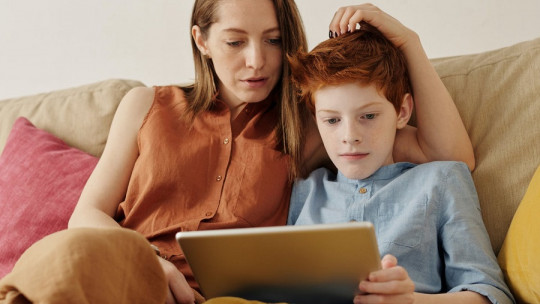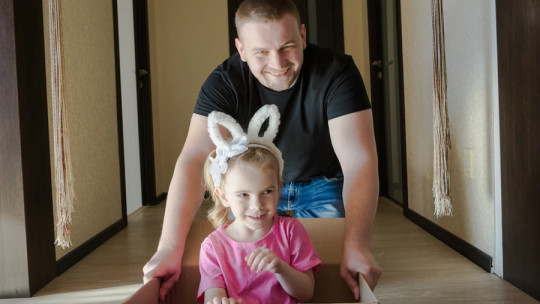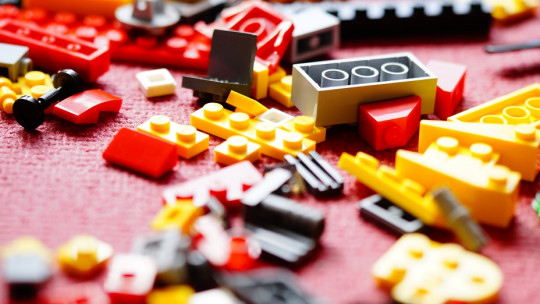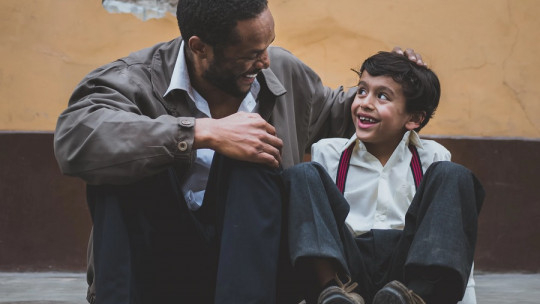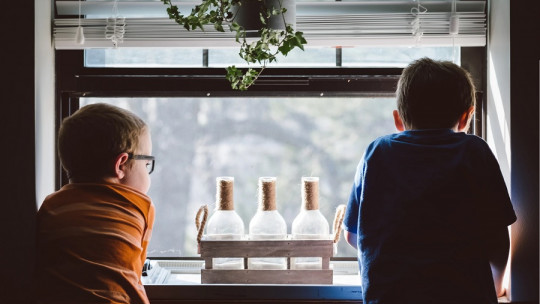
The current situation due to the COVID-19 virus has caused enormous changes worldwide. It is clear that we are going through a situation that we could call “exceptional” and that will lead us to have to stay in our homes for a prolonged period of time.
Yeah Confinement and staying in a closed place for hours is already a difficult task for anyone, we can imagine how hard and frustrating it can be for children. Sometimes it is the little ones in the house who give us a sign of improvement and we see that we may even be having a worse time than them, but the truth is that even so, the current situation can make coexistence at the family level difficult. causing emotions that are difficult to control to arise.
In this article we propose some guidelines to be able to cope in the best possible way with the stay at home with the boys and girls
How to spend confinement at home due to the pandemic with children
Even so, these guidelines are nothing more than a guide to guide how to manage certain situations, but if in your case you feel overwhelmed by the circumstances, do not hesitate to consult with professionals and at Mariva Psychologists we will be happy to help you.
1. Explain what is happening
A common mistake is trying to “make up” or not explaining why we are at home It is true that we can always make the stay more bearable and try to play at imagining that we are confined on a special mission, but it is still important that children understand why we have to stay locked up, both for their safety and to naturalize that they too. They can accept this situation.
We should always adjust our language to the child’s age and explain what is happening in words that he or she can understand.
When explaining what we are experiencing, it is common for the little ones to have doubts: “Are we going to die? How long do we have to stay? Can I get infected?”, it is important that we try to resolve your doubts by being realistic and offering accurate answers and always with a positive approach When we don’t know an answer we will tell them “The truth is that we don’t know this yet.” It is important that they also know the protocol that must be followed to prevent infections.
2. Maintain schedules and routines
After a week of “readjusting” routines, the usual thing is that online classes or remote assignments are now available in schools. As far as possible It is good that we do not alter the usual schedules that they had before confinement began
We can be flexible in some things but it is good that we try to maintain schedules and routines at home: times to get up and go to sleep, to eat, to do homework, etc.
3. Naturalize emotions
If we said that we should stay calm and pretend that nothing is happening, we would be lying. We are experiencing an exceptional and unusual situation, an alert situation, therefore it is normal and adaptive There may be times when we feel fear, anguish, anxiety, sadness or despair. It is good that we talk about it with our sons and daughters so that they understand that what they are feeling is normal in this situation, but that they will be able to adapt little by little to a greater or lesser extent.
We as adults will also be feeling these emotions and we must try to control them but at the same time accept that they are part of the adaptation process.
4. Organize time
Sometimes, by spending so many hours at home, both adults and children can become bored and anxious. This It’s time to try to do those activities that you didn’t have time for before: play sports, read, watch a movie, organize closets, make cooking recipes, play as a family, etc.
Something very necessary is to be able to occupy your time doing activities. If we have some outdoor space such as a balcony or terrace, we can do some outdoor activity. If this is not our case, we can try to do relaxation exercises, physical activity and games to visualize ourselves in an open space. This will make staying in a closed place more bearable.
5. Allow us our own space
After days and days of everyone together in a few square meters, it is easy for there to be more arguments, as well as an increase in negative emotions, which is why family and coexistence conflicts can arise. Thus It is important that while we do family activities we can all have our own space and time alone
It is good to dedicate a few minutes of the day to be alone, for example: try to extend the shower for a few more minutes, play music with headphones and concentrate on our breathing, leave the child in a room to play alone and relax, etc
It must also be taken into account that In this situation it is easy for our children to not perform at their best or concentrate on schoolwork We must normalize this, if for you as an adult this is being difficult and it is difficult for you to obtain the same performance, for them it may be even more complicated. Therefore you have to be patient and try to be flexible with them.
Are you looking for support?
These are some guidelines to use at home, but each person may need different tools and techniques to manage the state of alarm. Therefore, it is essential that we try to identify what our child needs and try to offer a solution for each problem that arises.
It should be noted that although it is normal to feel certain emotions and worries, if you feel that the situation is overwhelming you or that problems that you previously had under control are reappearing, you can consult with a professional to help you manage your emotions. From Mariva Psychologists We are currently continuing to work through telematic means such as video calls to continue helping you in any way we can. To see our contact details, click here.

